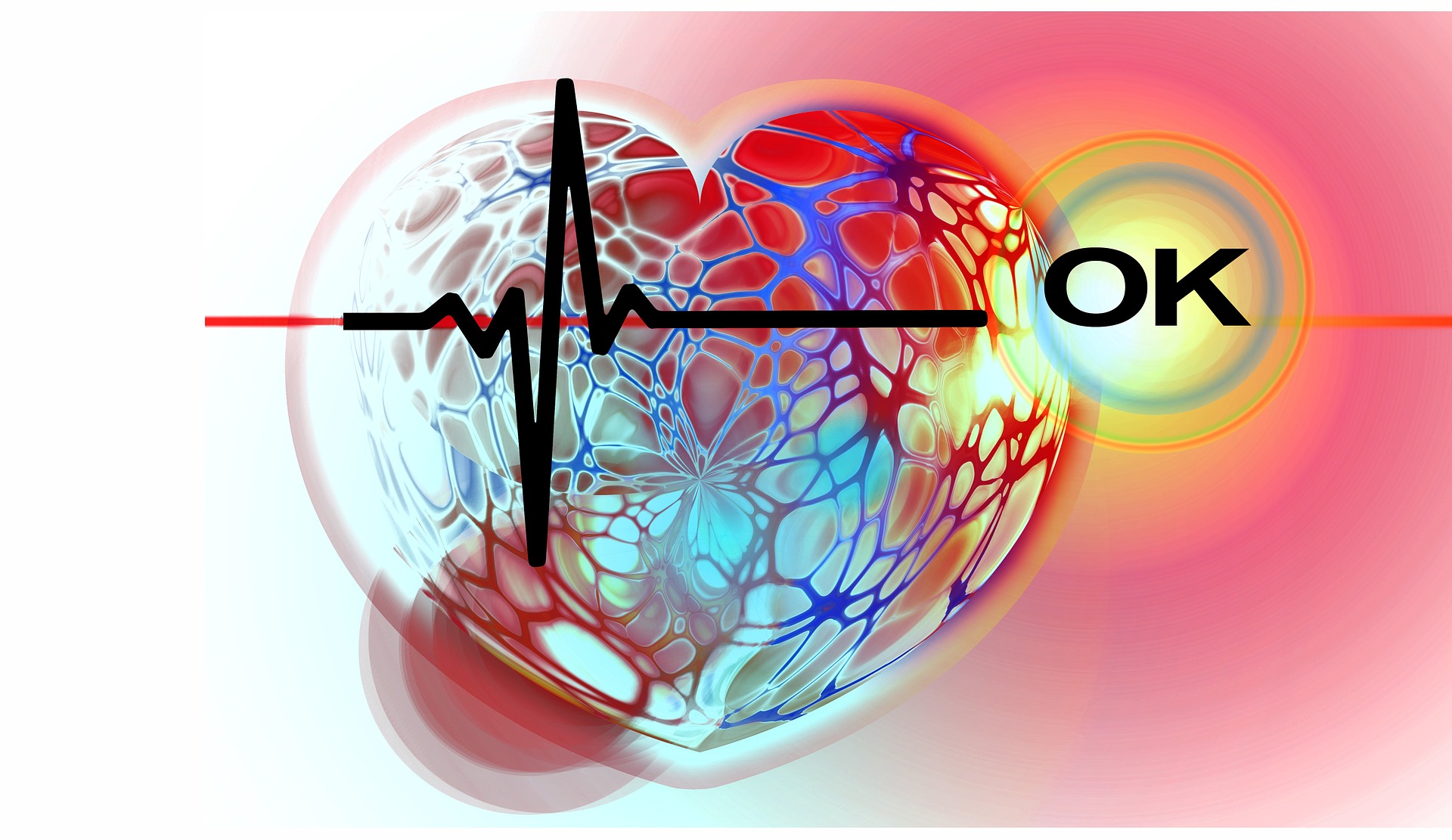As heart disease continues to be a leading cause of death globally, managing heart health has never been more critical. Cardiovascular diseases affect millions worldwide, often arising from lifestyle factors such as diet, stress, lack of exercise, and genetics. Recent advancements in science and technology, however, are reshaping how we approach heart health, offering innovative ways to monitor, manage, and improve cardiovascular wellness.
In 2024, a series of promising trends have emerged that make heart health management more personalized, accessible, and effective. These trends include wearable technology for real-time heart monitoring, personalized nutrition plans, remote cardiac care via telemedicine, mindfulness for stress management, and the widespread adoption of plant-based diets. Each of these approaches has been supported by recent research, showing significant benefits for heart health by addressing risk factors such as high cholesterol, hypertension, and inflammation.
This article explores these latest trends in managing heart health, backed by current research, and demonstrates how they can empower individuals to take proactive control over their cardiovascular well-being. Whether you’re looking to prevent heart disease or manage an existing condition, these cutting-edge strategies offer a roadmap to a healthier, longer life.
1. Wearable Technology for Heart Monitoring
Wearable devices like smartwatches and fitness bands are revolutionizing heart health monitoring. According to a 2023 study by the American Heart Association, wearable devices equipped with ECG sensors, like the Apple Watch, can detect atrial fibrillation (AFib) with up to 98% accuracy. AFib, if undetected, can increase the risk of stroke by nearly fivefold. Continuous monitoring offered by these wearables allows people to detect irregular heart rhythms early, even outside a medical setting.
A 2022 review in JAMA Cardiology found that users of wearable health devices showed improved adherence to heart health behaviors, such as increased exercise frequency, because they could track their heart rate and receive reminders directly on their devices.
Example: A smartwatch user can receive an alert if their heart rate suddenly spikes, prompting them to rest or seek medical advice. For those with diagnosed heart conditions, this real-time monitoring provides a safety net, as sudden changes are immediately visible.
2. Personalized Nutrition Plans for Heart Health
Personalized nutrition is gaining popularity as studies show that different people respond uniquely to foods based on genetic, metabolic, and lifestyle factors. A 2023 study published in Circulation demonstrated that personalized dietary interventions led to a 15% greater reduction in LDL (bad) cholesterol and a 20% improvement in blood pressure compared to generalized diet plans. By understanding individual genetic predispositions, tailored meal plans can effectively support heart health.
The emerging field of nutrigenomics—how genes affect our response to nutrients—has shown that people with certain genetic markers are more likely to benefit from specific nutrients. For instance, those with a high predisposition for inflammation can benefit more from omega-3-rich foods, like fatty fish and flaxseeds.
Example: Personalized nutrition plans for those prone to high cholesterol may emphasize omega-3s and fiber-rich foods. Diets rich in leafy greens, berries, and nuts support blood pressure regulation, especially in individuals genetically predisposed to hypertension.
3. Mindfulness and Stress Management Techniques
Stress is a significant risk factor for heart disease, and recent studies highlight the importance of mindfulness practices. Research from the National Institutes of Health (NIH) in 2022 found that individuals who practiced mindfulness meditation daily experienced a 14% reduction in blood pressure and a 13% reduction in resting heart rate. These findings underscore how effective stress management can be in supporting heart health.
In addition, a 2023 meta-analysis published in the American Journal of Cardiology showed that yoga practitioners had 30% lower levels of stress hormones, such as cortisol, which are linked to hypertension and heart disease. Integrating simple mindfulness practices, even just 10 minutes a day, has proven to reduce cardiovascular risks by lowering inflammation and promoting a relaxed nervous system.
Example: By dedicating time each day to breathing exercises or guided meditation, individuals can reduce their heart rate and blood pressure, contributing to overall cardiovascular health.
4. Telemedicine and Remote Cardiac Care
Telemedicine is a game-changer for heart health management, particularly for those with chronic cardiovascular conditions. In a 2023 survey by the American College of Cardiology, 70% of heart disease patients reported that telemedicine made it easier for them to stay consistent with follow-up care, and 65% said it helped them manage their conditions more effectively at home.
Remote monitoring devices, such as at-home blood pressure cuffs and digital ECG monitors, allow for continuous data sharing with healthcare providers. A 2022 study from The Lancet found that patients using remote monitoring for post-heart surgery follow-up had 25% fewer emergency hospital visits, highlighting how telemedicine helps avoid complications.
Telehealth interventions have become invaluable for continuously monitoring patients with cardiovascular disease (CVD). These interventions range from structured phone or video support to advanced remote monitoring using wearable or implantable devices. In particular, wearable and implantable devices provide the benefit of real-time health data tracking, which enhances CVD management.
By monitoring vital signs and cardiac health continuously, these devices contribute to lower blood pressure, slower disease progression, and reduced hospital visits. This proactive approach not only improves patient outcomes but also reduces healthcare costs by preventing complications and minimizing readmissions.
Example: A patient recovering from a heart procedure can measure their blood pressure and heart rate at home and send the data to their doctor, allowing for immediate feedback if any concerning trends arise.
5. Plant-Based Diets for Heart Health
Switching to a plant-based diet is one of the most effective dietary changes for heart health.
Plant-based diets are rich in fiber, antioxidants, and unsaturated fats, all of which are known to benefit heart health. Focusing on whole foods and reducing animal products can significantly help lower inflammation, a major factor in many heart-related conditions. A well-structured vegan diet that includes a diverse range of nutrient-dense plant foods offers numerous health benefits. Although certain nutrients, like vitamins B12 and D, are primarily found in animal products, vegans can achieve adequate intake through fortified foods, supplements, and sunlight exposure for vitamin D. Major health organizations, such as the Academy of Nutrition and Dietetics, the American Heart Association, and the 2015-2020 Dietary Guidelines for Americans, recommend appropriately planned vegetarian diets to support improved health.
Example: A plant-based meal plan featuring foods like oats, legumes, and leafy greens can provide essential nutrients for heart health while lowering bad cholesterol and reducing cardiovascular risk factors.
The latest trends in heart health management, from wearable technology to plant-based diets, offer accessible and effective ways to support cardiovascular health. Research-backed techniques, like personalized nutrition and telemedicine, empower individuals to make tailored choices that positively impact their heart. By embracing these advancements, people can take charge of their heart health, potentially reducing their risk of heart disease and improving their overall quality of life.
References:
https://www.health.harvard.edu/heart-health/meditation-offers-significant-heart-benefits
https://www.sciencedirect.com/science/article/abs/pii/S1050173818300240











